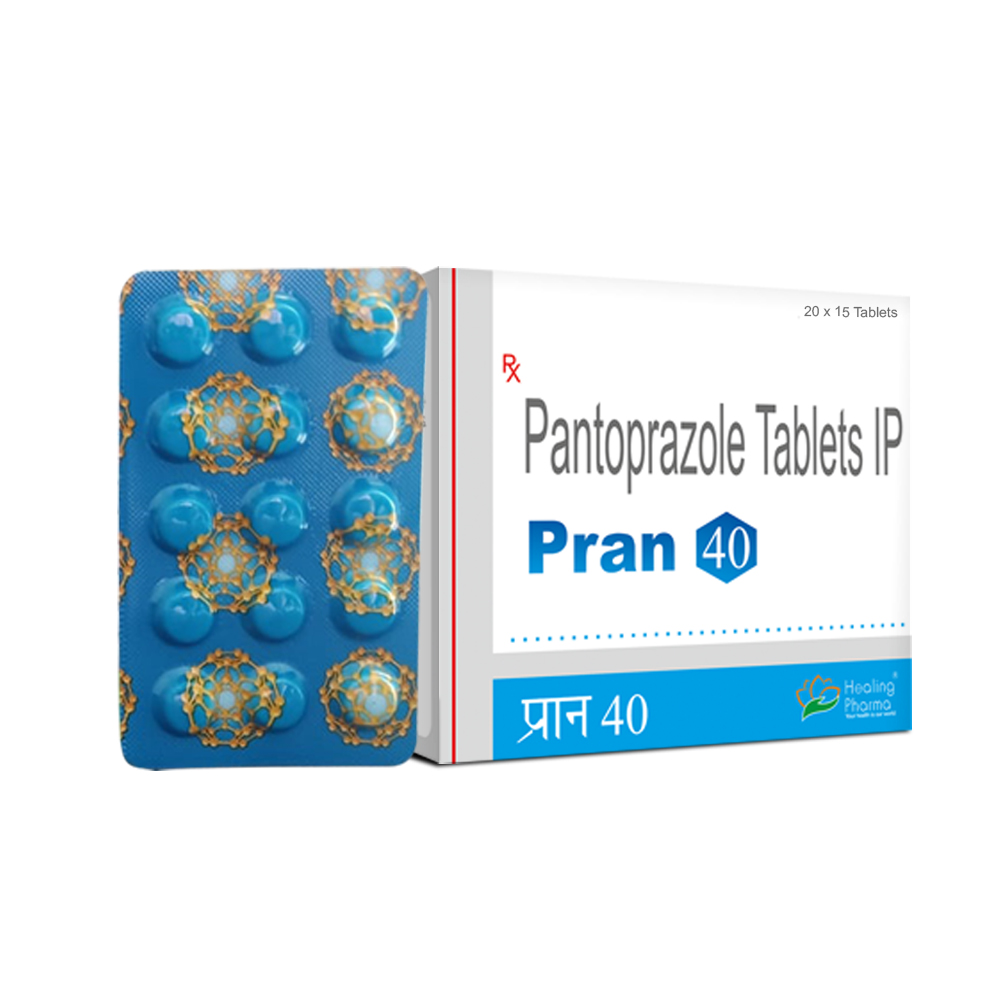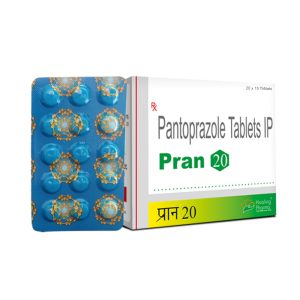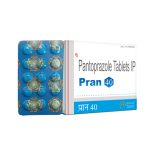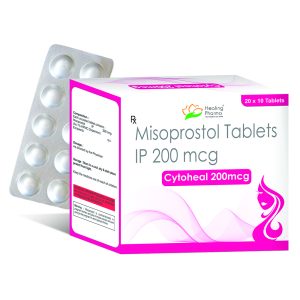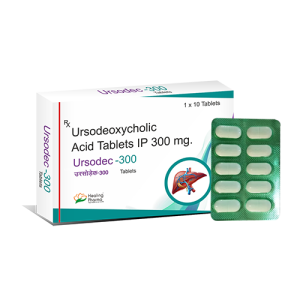Pantoprazole (Pran 40) 40 mg tablet is a first-generation proton pump inhibitor used to treat conditions caused by excessive acidities in your stomach, such as ulcers in the stomach or duodenum, reflux disease, and hypersecretory conditions. This medicine can also be used to relieve stomach irritation and ulceration caused by certain painkillers such as non-steroidal anti-inflammatory drugs (NSAIDs).
Drug =Pantoprazole
Strength = 40 mg
Manufacturer = Healing Pharma
How To Take
Ask your doctor or pharmacist about whether you should take Pantoprazole with or without food. Specific preparations (e.g. delayed-release tablets) of this medicine must be taken before a meal. Try to make it at the same time each day.
If you are taking the delayed-release type of tablet, swallow it whole. Do not divide, chew or crush the tablet.
Your doctor will decide the dose of this medicine. Your doctor will advise you on the dosage and course of your treatment depending on your condition.
Continue taking Pantoprazole even when you feel better. Do not stop taking it unless instructed by the doctor.
Take Pantoprazole precisely as directed by your doctor or according to the instructions on the label. Do not take more or less than instructed by your doctor.
Dosage of Pantoprazole (Pran 40) 40 mg
Adult: Gastro-esophageal reflux disease: 20-40 mg once daily for four weeks (increased to 8 weeks if necessary). Maintenance: 20-40 mg daily.
Peptic ulcer: 40 mg for 2-4 weeks for duodenal ulcer or 4-8 weeks for benign gastric ulcer.
Prophylaxis of NSAID-induced ulcers: 20 mg once daily.
Zollinger-Ellison syndrome: 40 mg twice a day (adjusted up to 240 mg/day if needed). Daily doses >80 mg should be given in 2 divided doses.
Missed Dose
If you miss a dose, skip the missed dose and return to your usual dosing schedule. If you often forget to take your medicine, let your doctor and pharmacist know.
Do not double a dose under any circumstances.
Overdose of Pantoprazole (Pran 40) 40 mg
If you think you may have used Pantoprazole more than the usual dose, please seek medical help immediately.
Contraindications
People with the following medical conditions should not take Pantoprazole:
- Concomitant use with rilpivirine and atazanavir.
Side Effects
Pantoprazole may have the following side effects:
- Hypomagnesemia
- Cutaneous lupus erythematosus
- SLE
- Osteoporosis-related fractures
- Fundic gland polyp
- Carcinoma
- Clostridium difficile-associated diarrhea
- Interstitial nephritis
- Vitamin B12 deficiency (long-term therapy)
- Gastrointestinal infection (e.g. salmonella, Campylobacter)
- Nausea
- Vomiting
- Diarrhoea
- Constipation
- Flatulence
- Abdominal pain
- Dyspepsia
- Dry mouth
- Asthenia
- Fatigue
- Malaise
- Increased liver enzymes
- Urticaria
- Peripheral oedema
- Arthralgia
- Myalgia
- Headache
- Dizziness
- Vertigo
- Insomnia
- Gynecomastia
- Rash
- Pruritus
Warnings
Inform your doctor and pharmacist if you are taking any of these medicines:
- Rilpivirine
- Atazanavir
- Warfarin
- Clopidogrel
- Ketoconazole
- Itraconazole
- Posaconazole
- Erlotinib
- Methotrexate
- digoxin
Inform your doctor and pharmacist if you are taking any other medicines, including herbal tonics such as traditional Chinese medicines, supplements and non-prescription medicines.
This list does not include all medicines that may interact with Pantoprazole.
How Does Pantoprazole (Pran 40) 40 mg Work?
Pantoprazole is a benzimidazole gastric antisecretory agent, also known as proton pump inhibitor (PPI), that exerts its effect by blocking the final step in gastric acid secretion by specific inhibition of H+/K+ adenosine triphosphatase (ATPase) enzyme system present on the secretory surface of the gastric parietal cell. Both basal and stimulated acid are inhibited.
Uses
Pantoprazole is used to treat the following conditions:
- Gastro-esophageal reflux disease
- Peptic ulcer
- Prophylaxis of NSAID-induced ulcers
- Zollinger-Ellison syndrome
Special Precautions and Connected Warnings
Take special precautions if you have the following conditions:
- Patient with gastric malignancy
- Risk factors for reduced vitamin B12 absorption or at risk for osteoporosis
- Hepatic impairment
- Pregnancy and lactation.
It may be helpful to discuss your diet with your doctor or dietitian. A change in diet may help improve your symptoms. For example, spicy food tends to worsen reflux and should be avoided. Likewise, carbonated (“fizzy”) drinks such as soft drinks should also be avoided.
You should also try to avoid lying down soon after eating as this will worsen the reflux symptoms.
Avoid alcohol.
Storage Conditions
- Store between 20-25°C.
- Store in a cool, dry place away from the reach of children.
- Do not use Pantoprazole that is expired or out of date.

